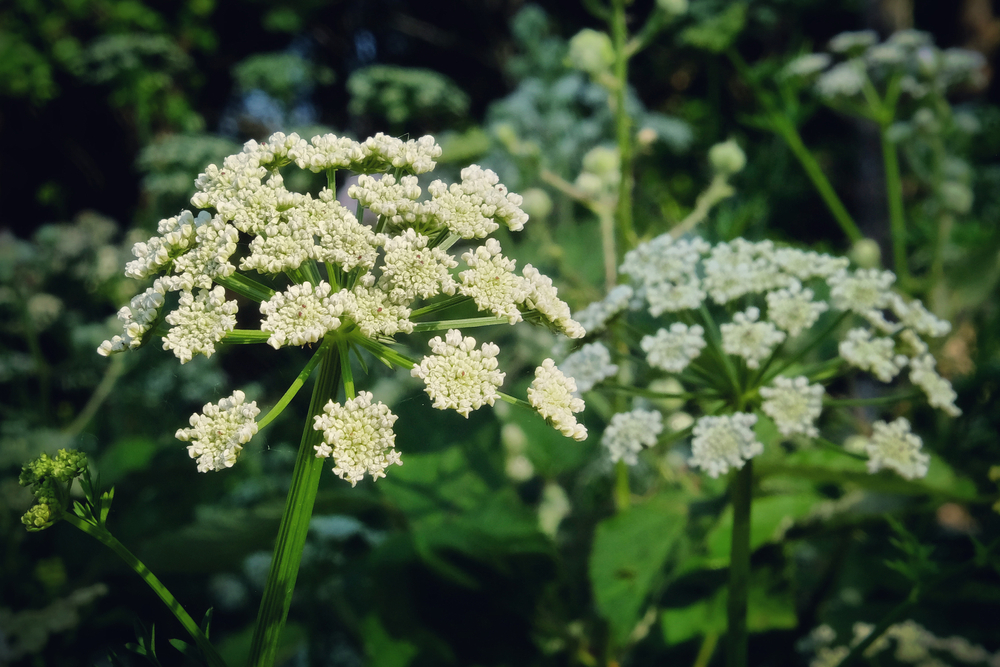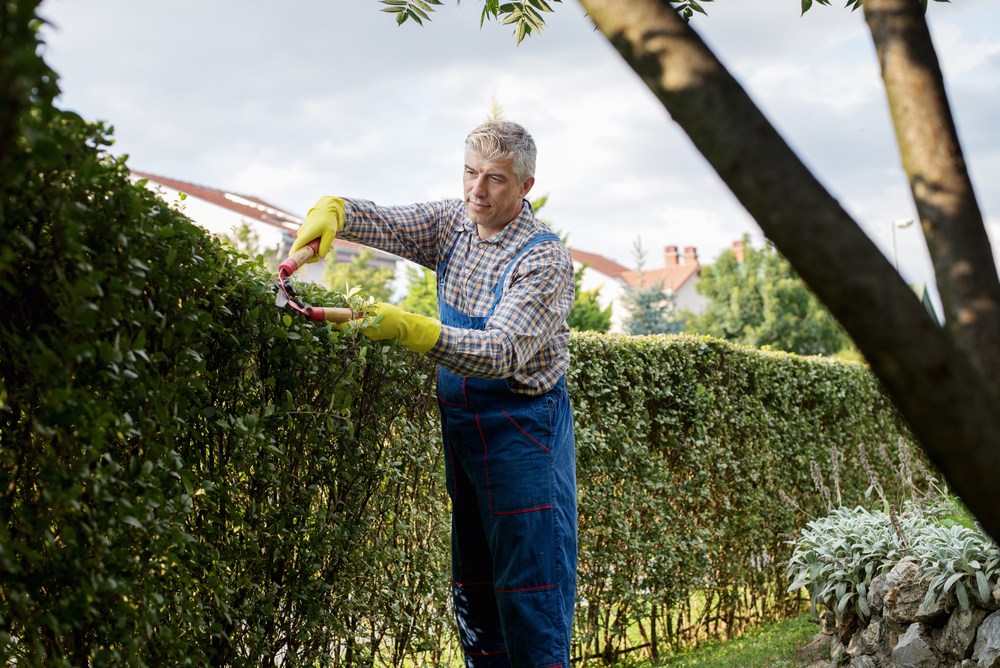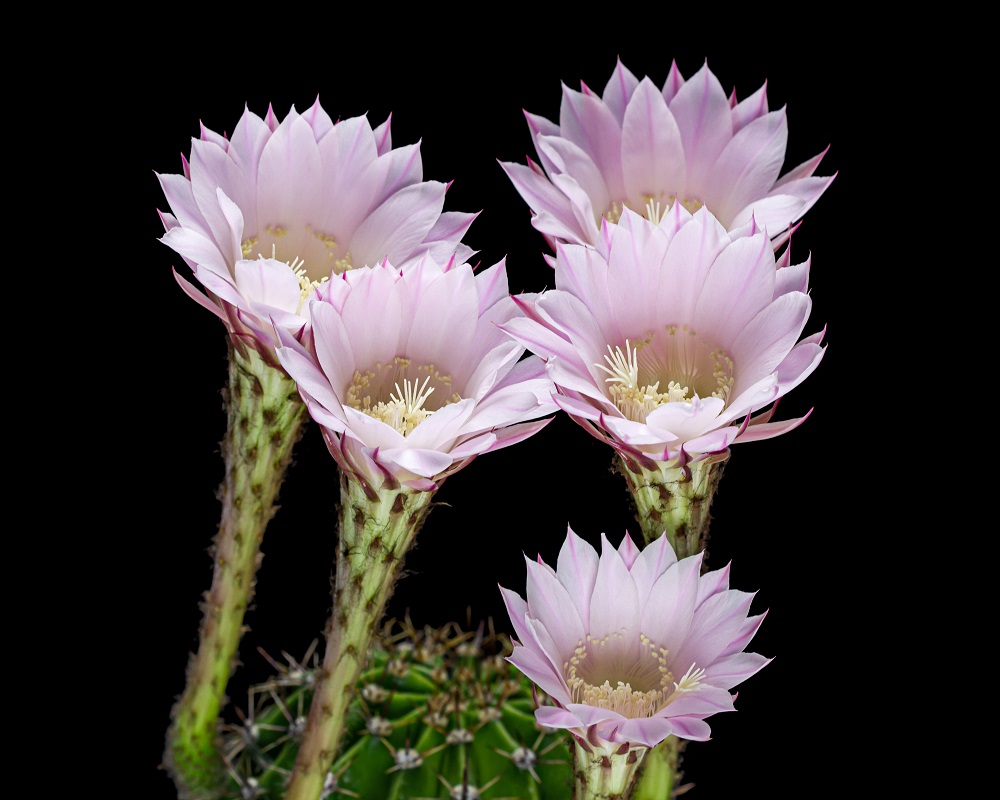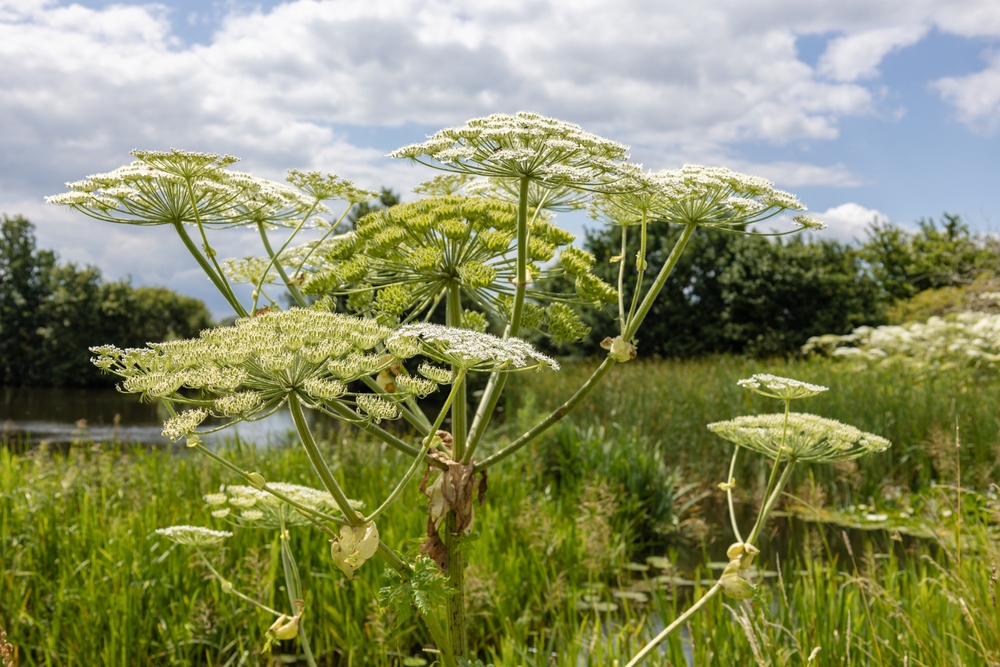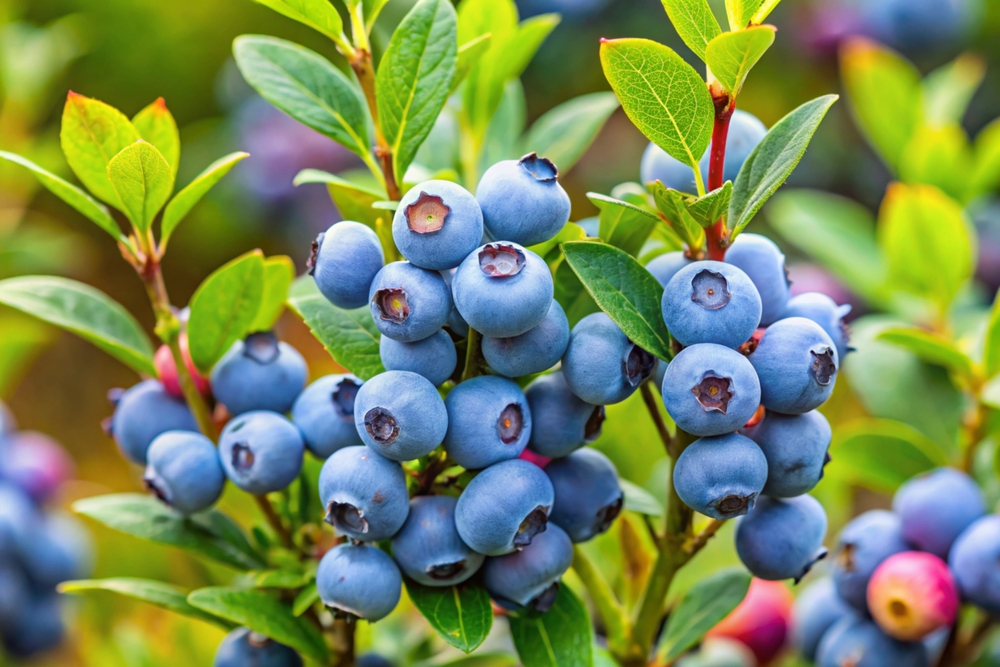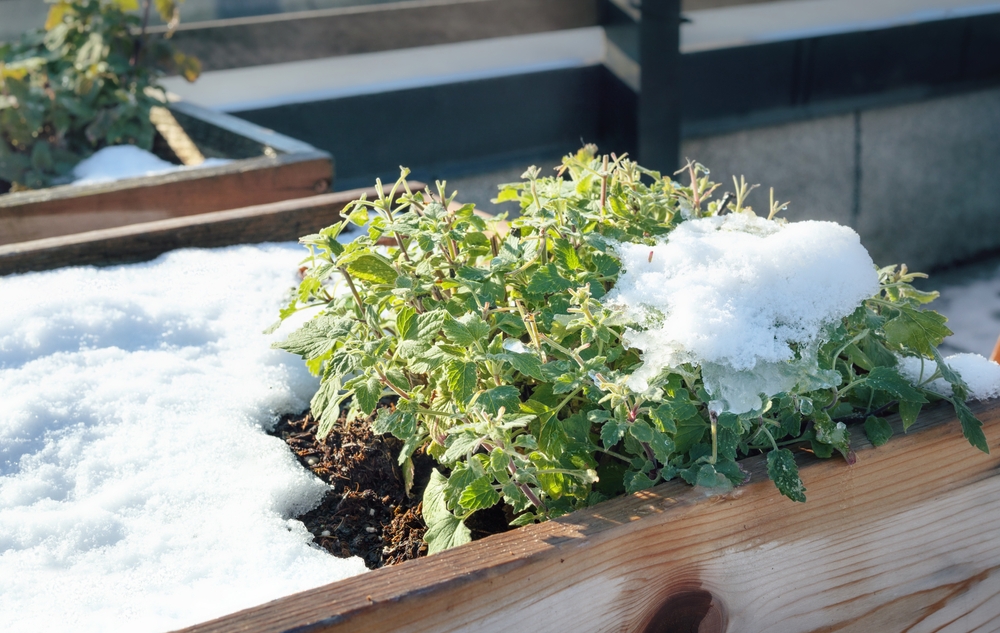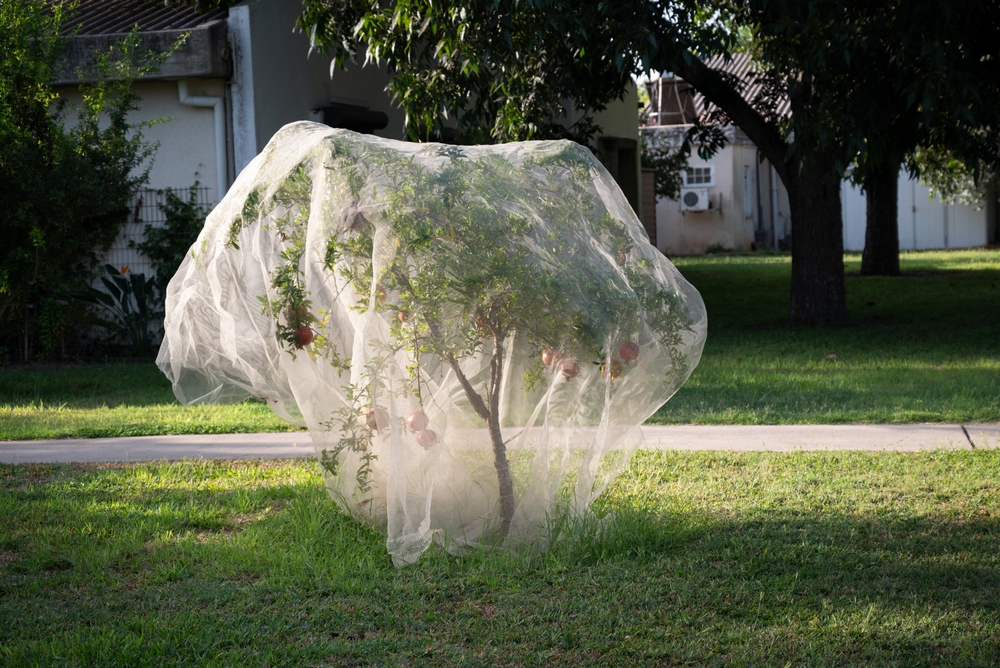This is why your vegetables aren’t producing fruits!
We all dream of growing our own vegetables once we have a big enough yard.
But did it happen to you that you end up caring for your plants and dedicating time and money to them only so the plants do not give you any vegetables?
Sometimes it seems that no matter how well a vegetable plant is growing, there is no chance of it fruiting, despite our best attempts. But why is that?
Be it that your vegetable plants are producing less fruit than you expected or that they are not producing any fruit whatsoever, make sure that you are not accidentally doing something wrong.
In reality, there are myriad reasons why your type of vegetable is not producing any fruits, but there are some common ones that are most common, and these are the ones we brought to you today!
If you want to see why your veggie plants are not producing any fruit, check out our reasons here!
Once you pinpoint the underlying cause, you will be able to see your plants sprout up even more and get to enjoy their fruits in peace!
Did you ever have vegetable fruiting or sprouting issues? How did you resolve it? Please share your knowledge with the rest of us in the comments!
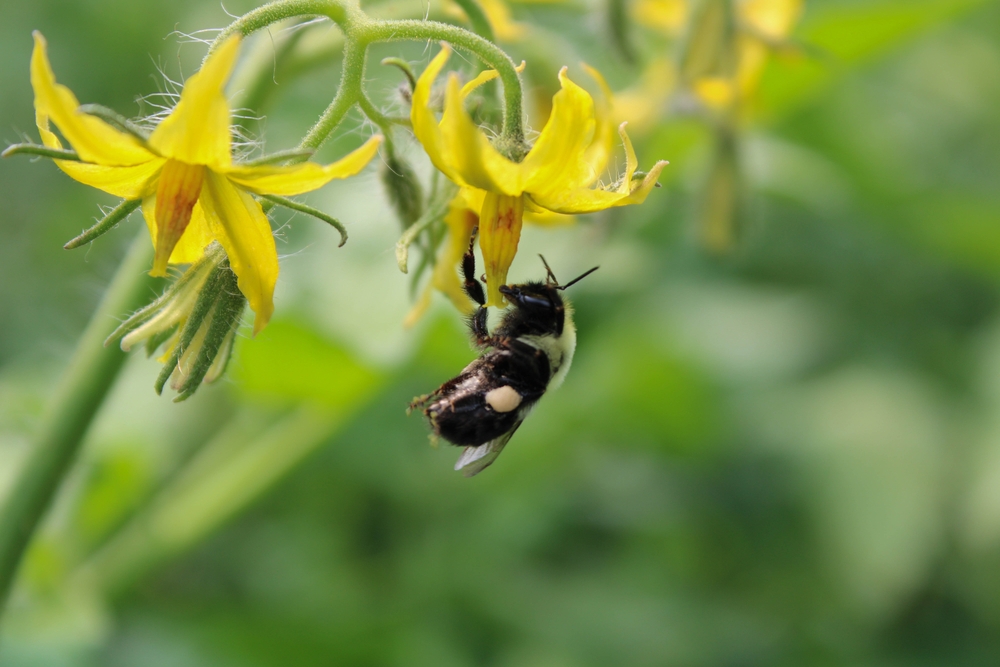
1. No pollination
When it comes to vegetables, you may tend to them and then plant them, even seeing them bloom. But when these fruits end up either not developing or developing in weird shapes, then there is an issue with pollination.
This can be either that they have never been pollinated or that the pollination has been incomplete.
A lot of fruiting crops, including veggies here, do require cross-pollination to set fruit and see them develop.
This is especially true when it comes to the likes of cucurbit crops, in particular cucumbers, pumpkins, squash, and melons!
If you have had a wet summer, then the pollinator amount would have been low, which can result in low to zero pollination.
A good way to rectify this pollinator issue is to dedicate a habitat area for them so that they are attracted to your property, or you can take the easier route of planting some flowers that attract pollinators to your vegetables to incite them to come to their flowers as well.
Some of the most loved include the likes of aster, sunflowers, and even lavender!
What’s more, pollination by hand can also be an option!
2. Wrong plant density
If your plant density is low, then your crops will be affected when it comes to their growth and eventually yield.
With vegetables in mind, the likes of cucurbits are extremely sensitive to plant density, and if you happen to plant them way too close to one another, the plants will grow but not end up producing any fruits.
It can be easy to accidentally not realize you are planting your sprouts way too close to one another, and this can end up causing you issues.
The best course of action is to make sure you read about the recommended spacing between plants, which will help fruits set and give you a lovely harvest.
Otherwise, your plants will be competing with each other for space and then not end up fruiting at all!
If you have a seeder and are used to using one, then make sure you calibrate it accordingly to your vegetable so you do not end up accidentally ruining your crop
Seed sizes differ from lot to lot, and thus the space will also be different.
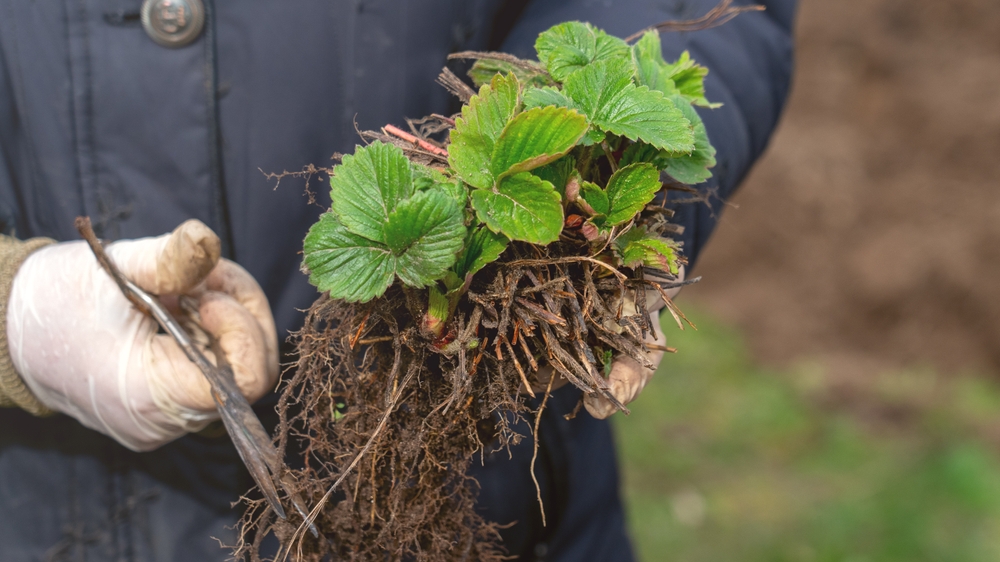
3. Excessive vegetative growth
If you have healthy and large plants, but they do not end up producing any sort of fruit, then you may have a nutrient issue on your hands.
This can be caused by the plants having too much fertilizer or by an imbalance in the nutrients that are available to them.
They may be enough for the plant to grow and develop new leaves and stems, but that is all the plant has the energy to do.
Thus, you will end up with fewer flowers and little to no fruit!
If your soil has a high concentration of nitrogen, then this will stimulate the plant to develop new shoots and leaves. In order to encourage your plant to flower, you will need to ensure the solid has enough phosphorus content.
Some seasoned growers choose to test the soil for its nutrient levels, and some choose to do leaf analysis; that way, they can determine what nutrients are available to the plant and present in its system and which are not.
After they have this information, they can adjust the fertilizer they use and the quantity so that the plants can end up flowering and fruiting, not just growing leaves and roots!
If you do not notice anything else that could be wrong with your plants, but you are still out of veggies, it would be a great idea to check the nutrients and adjust the fertilizer, or even change it if it is not good enough for your plants.
4. Irregular harvests
Almost all fruiting vegetable plants are annuals; this means that they are going to complete a full generation in one growing season, from seedling to seed!
When there are mature fruits on the stalks and they are allowed to sit there, then the plant gets the signal that it does not need to continue to flower and produce new fruits.
It may be that you do not have to deal with some of the issues we have mentioned earlier, but your plants end up having successful fruiting at the start of the season, and then they stop.
If you do not harvest the fruit you have regularly, you can end up cutting down on the amount of fruit you will have since the plant will think it no longer needs to produce more.
If you harvest regularly, you will encourage your plant to continue to flower, and it will end up producing more fruit even later in the season.
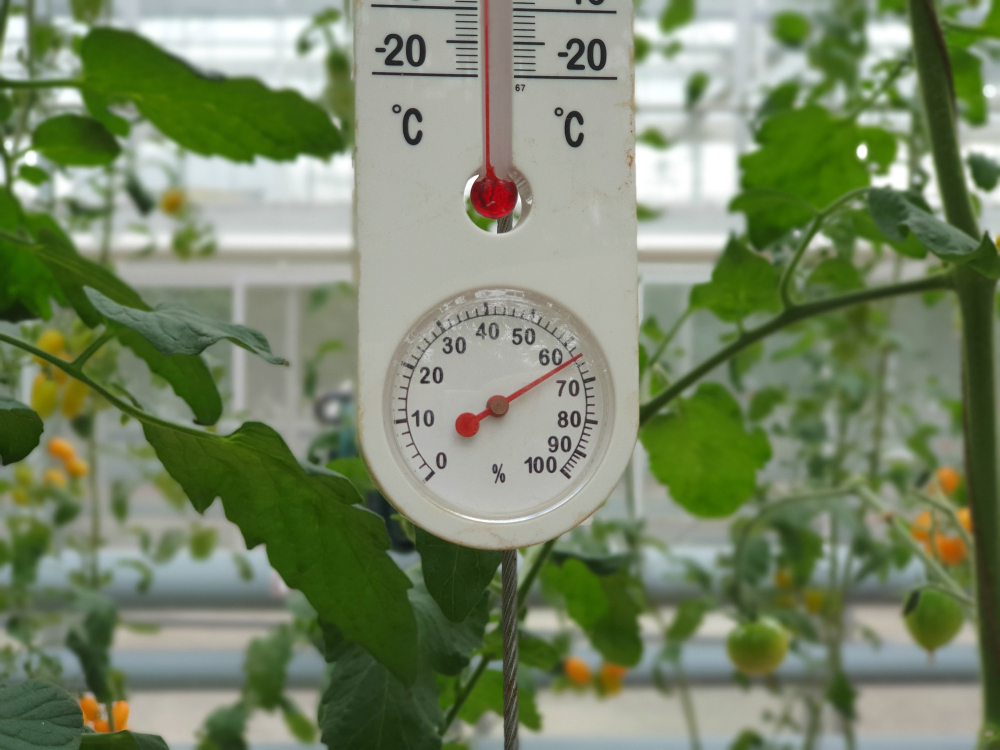
5. Extreme temperatures
Sometimes you can do everything right and have all the best conditions for your plants and enough pollinators, but still encounter issues with fruiting.
This is because excessive temperatures are known to be detrimental to the plant, and once it is too hot, flowers will just abort and drop dead from the plant; it won’t matter if it is fully pollinated since the heat stops the development of the fruit.
You need to keep a close eye on the temperatures around your vegetables, besides everything else. If your plants have not been fruiting and everything is going smoothly, then the high temperatures are the ones at fault.
If that’s the case, you can try to minimize any other stressors for the plant and mitigate the heat so that, despite the high temperatures, the plant will still be encouraged to fruit.
Takeaway!
There are a lot of reasons why your vegetable plants are giving you grief when it comes to fruiting.
Yet, as with any gardening project, you will need to keep a close eye on it in order to catch any irregularities so you can pick up on the signs they give you.
Once you get the hang of everything and know what they need in order to flourish and fruit, you will have a harvest in no time!
For more tips and tricks about vegetable growing, we recommend this book you can easily get on Amazon: The Old Farmer’s Almanac Vegetable Gardener’s Handbook.
Maybe you do not have any issues with your veggies, but your flowers are giving you trouble. Do not worry, as we have your back! Read all about why your flowers are not blooming in this article here!

